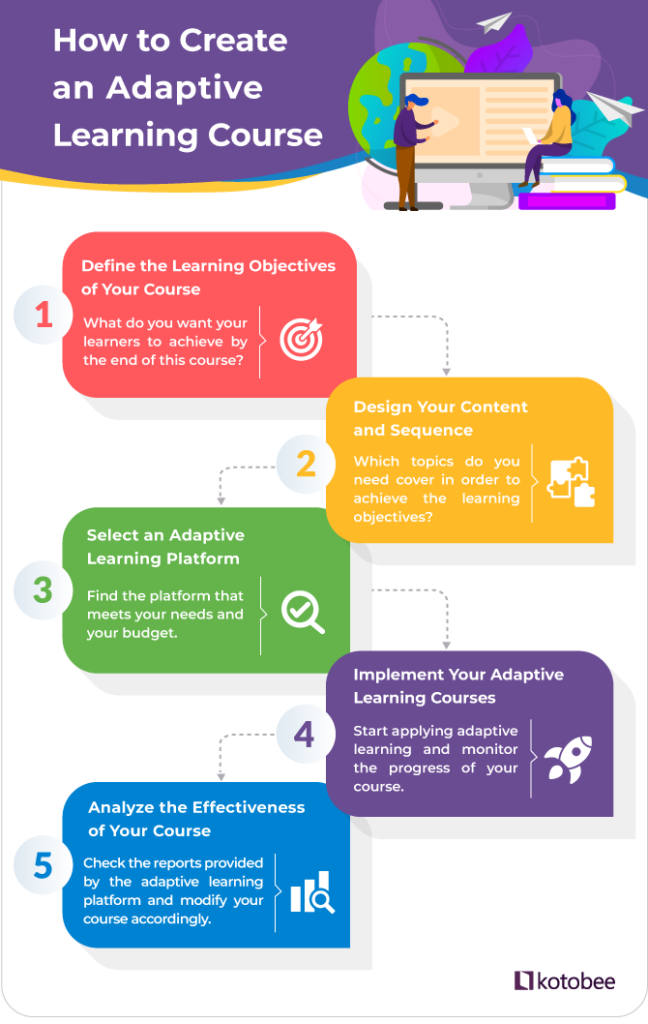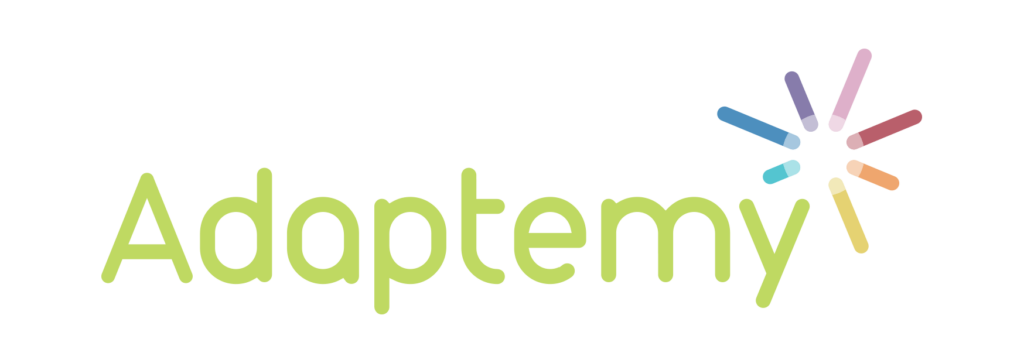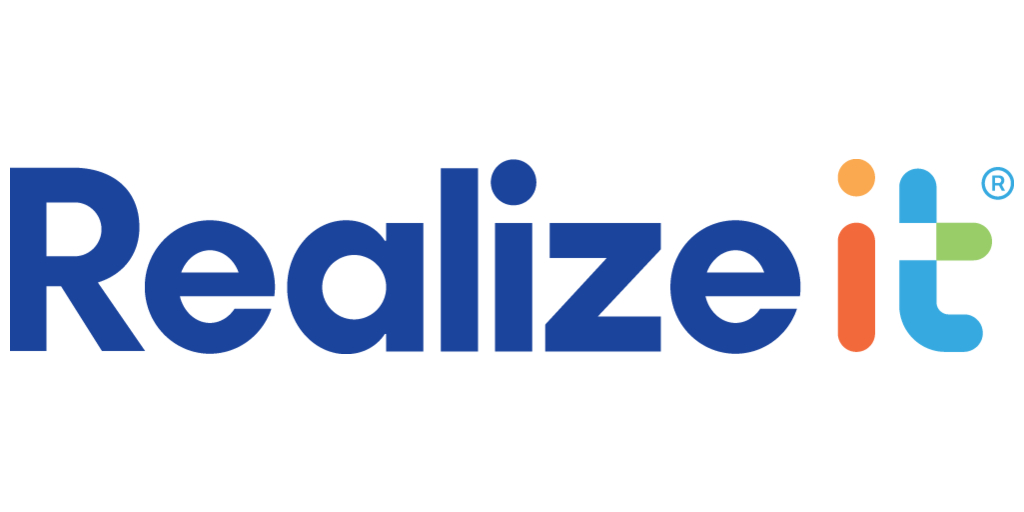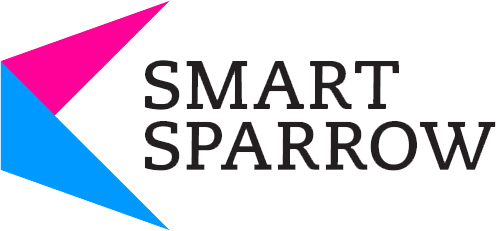Adaptive Learning: What It Is and How to Apply It
In recent years, the world has seen a significant departure from the one-size-fits-all type of education that has been dominant for the last couple of centuries to a more personalized one. While the traditional educational setting worked to some extent, this new personalized approach has proved to be much more efficient. With the help of machine learning and AI tools, teachers can now make this approach even more effective, and that’s where adaptive learning comes in.
While the term adaptive learning might not be new to the educational scene, not many educators fully understand what it means or how to harness its power. So let’s dive into what adaptive learning is and how to make the best use of it in your learning environment.

Table of Contents:
What Is Adaptive Learning?
Adaptive learning refers to a personalized teaching method in which educators use AI and machine learning tools to create customized learning paths for every individual student. For instance, if a student is struggling with a certain area in the learning course, they’ll be given more educational content (such as videos or reading materials) to further explain it. This is mainly done by analyzing each learner’s skills and performance to be able to provide a more personalized learning experience that caters to their unique needs and styles.
Since adaptive learning technology is based on automated mechanisms, it is mainly applied with the help of powerful digital learning tools, known as adaptive learning platforms. These tools help in measuring students’ performance and generating different learning paths that assist them in achieving their educational objectives.
Adaptive learning has been proven to be effective in promoting student learning, a deeper understanding of the educational content, and better knowledge retention. As a result, it has gained popularity in both online and hybrid learning settings, and it is used by both corporate and educational institutions.
What Are the Benefits of Adaptive Learning?
Since adaptive learning focuses mainly on the learner’s abilities and skills, it has been shown to have many positive impacts on the learning process and its outcomes. So let’s take a look at some of its benefits below:
- Pirotrizing learners’ needs: The focus in adaptive learning is each learner’s educational needs; they are assigned learning paths based on their skills and progress. This in turn can improve understanding and knowledge retention, and make them more interested and engaged in the learning process.
- Faster progress: As adaptive learning addresses knowledge gaps and helps students work on their shortcomings, it allows them to progress much faster than following traditional classroom teaching methods. With such progress, learners’ confidence and motivation increase. For example, a student who is struggling with a particular concept may be assigned additional practice problems or resources. A student who is excelling on the other hand may be given more challenging material.
- Better engagement: When students feel like they are making progress and are being challenged appropriately, they are more likely to stay motivated. And that’s what adaptive learning offers them. This, in turn, can lead to better outcomes, such as higher grades and increased interest in the learning materials.
- Greater time efficiency: Traditionally, teachers can spend a lot of time, effort, and resources teaching the same learning materials to all learners–or repeating it multiple times to make sure all students have similar levels of skills. Adaptive learning, on the other hand, focuses on the individual learner’s performance. This allows each student to progress at their own pace without wasting the instructors’ time.
- Instant feedback: Adaptive learning is based on giving learners real-time feedback by analyzing their academic performance and suggesting learning content accordingly. Moreover, it provides instructors with analytics and reports that help them identify any knowledge gaps and give their students the support they need.

How Does Adaptive Learning Work?
Adaptive learning courses are usually created on online platforms, and they include educational activities and assessments. Once a learner completes the required assessment, the platform uses AI to suggest the appropriate learning material for them based on their performance. This process is repeated until the students master all the learning materials and achieve the learning objectives.
Using adaptive learning platforms allows instructors to track learners’ progress, engagement, and performance. This data is then used to tailor customized learning pathways for each student and deliver a more personalized learning experience.
How to Create an Adaptive Learning Course?
While the idea of creating adaptive learning courses might seem challenging, it can be very rewarding as you witness your learners excel and master the learning materials. To make this process easier for you, we have broken it down into a few actionable steps:
- Start by defining the learning objectives of your course. Ask yourself the following: What do you want the learners to achieve (or be able to do) by completing this course? And how are you going to measure their progress?
- Next, you need to design the content and assessments that will help you achieve these objectives. Think of all the concepts and topics you want to cover and how you are going to structure them.
- Once you are done designing your course, select the adaptive learning platform that best meets your needs. You can start by looking at the features they offer, how to integrate your content into them, and how user-friendly they are for your learners and educators.
- After you find the perfect platform for you, then it’s time to implement your adaptive learning courses in your educational environment. Make sure that everything is going smoothly and that different learning paths are assigned to different learners based on their performance.
- Finally, you can start analyzing the effectiveness of your course by utilizing the data and reports provided by the platform. Find out if there are any knowledge gaps that you need to address, and offer your struggling students the needed support.

Best 10 Adaptive Learning Platforms
Adaptive learning platforms are learning portals or LMSs that facilitate the learning process in both the corporate and educational sectors. Using AI, they create personalized learning experiences based on each learner’s performance. And while there are many platforms available, some are more specialized than others. So let’s take a look at the top ten adaptive learning platforms and the features and prices of each of them.
1. EdApp

This platform is mainly an LMS that offers course creation tools and spaced repetition options. It employs adaptive learning by presenting automatic personalized follow-up tests to improve knowledge retention. It also offers an AI creation tool that facilitates the generation of lessons with just a few clicks.
Main Features
- AI tools to facilitate the course creation process
- Mobile app for learning on the go
- Built-in gamification features to make learning more engaging
- Micro-learning lessons for better knowledge retention
- Library of more than 1,000 editable courses
- Customized branding to add the color theme and logo of your organization
Pricing
EdApp offers a free plan with an unlimited number of users and access to their AI creation tool. It also has paid plans with more advanced features.
2. 360Learning

Instead of hiring external trainers or coaches, 360Learning allows you to harness the power of collaborative learning and turn your expert employees into L&D collaborators. It helps organizations upskill teams quickly and promote continuous learning from within. Moreover, it uses AI to apply adaptive learning and allow employees to teach and learn from one another.
Main Features
- AI tools and editable templates for a seamless course creation process
- Easy integration with various edtech tools
- User management automation to reduce any admin work
- Mobile app for learning on the go
- Automated reports and analytics to track learners’ performance
Pricing
360Learning doesn’t offer a free plan, but it does have a free trial so you can use the platform before making any decisions. They also have two paid plans: a Team plan for $8/user per month, and a customized Business plan.
3. Adaptemy

When using Adaptemy Learning Engine, you can easily integrate it with your already existing learning platform and content. Once integrated, you can start creating personalized learning experiences for your students. Using AI, Adeptemy’s engine creates a detailed profile for each learner which helps educators better understand their learning needs. It also shows personalized recommendations for various learning materials based on each student’s performance.
Main Features
- Course builder tools including curriculum mapping and other content tagging tools
- User-friendly interface and design
- Detailed analytics tools to track learners’ performance
- Implementation support from their experienced team
- Easy integration with LMSs using an API
Pricing
While Adaptemy doesn’t offer any generalized plans, you can simply contact their sales team to get a personalized quote that is tailored to your organization.
4. Knewton Alta

Knewton is a courseware that uses AI to customize the learning paths to fit students’ different learning needs. Based on their learning history, each student is then provided with a personalized study plan. It also offers ready-made courses in different fields, including Mathematics, Statistics, Chemistry, Biology, Psychology, and Economics.
Main Features
- Personalized study plans for each student based on their learning history
- Immediate feedback to improve understanding and provide needed support
- Answer explanations to fill knowledge gaps
- Students and course-level analytics for instructors to track learners’ performance
Pricing
Besides their monthly subscription option, Knewton also offers single-term and two-year plans.
5. Realizeit

By Offering a personalized learning map for each learner, Realizeit can be an ideal adaptive learning platform for both companies and educational institutions. Their self-learning engine adapts to the performance of each student and uses this data to create a special learning experience. This enables them to easily reach their learning objectives in a more effective way.
Main Features
- Built-in LTI to easily integrate the adaptive courses with your existing LMS
- Easy-to-use tools for course creation and modification
- Real-time analytics for educators to track learners’ performance
- Visual feedback for learners to view their progress
- Seamless embedding of external tools using SCORM, LTI, or HTML
Pricing
The prices of Realizeit plans vary depending on the needs of your organization. You can contact their sales team to get a quote that’s customized for you.
6. Pearson Interactive Labs

This is a more specialized adaptive platform that focuses on scientific learning and offers a comprehensive online lab experience. It tries to replace (or supplement) in-person biology and microbiology labs with adaptive real-world, relatable scenarios that are more engaging for the learners. Each student is offered customized assignments based on their needs and skills. They also receive guided feedback that allows them to learn by doing.
Main Features
- Available for both online and offline use
- Real-life science scenarios that students can relate to
- Reports and analytics for students to analyze and learn from their mistakes
- Flexible assignments tailored to students’ needs
- Easy integration with various LMSs
Pricing
Pearson Interactive Labs is part of Peasron’s MyLab and Mastering services. And while there isn’t any specific information about the pricing, you can contact them directly to get a quote.
7. CogBooks

Specializing in higher education, this platform offers adaptive technology and courses that cover various subjects. For example, you can find courses in agriculture science, biology, business, history, and more. Moreover, you have the option to modify these courses to meet your students’ needs. You can also partner with their in-house instructional designers to create your own adaptive courseware using their platform.
Main Features
- Course customization tools to modify course structure and add external resources
- Detailed reports to track and filter students based on their performance
- User-friendly interface that helps students navigate through the various courses
- Recommendation engine that analyzes each student’s performance and suggests content accordingly
- Interactive activities and formative assessments to assess students’ understanding
Pricing
The prices of CogBooks’ courses vary depending on the course and duration of the academic term. While some courses are priced at $39.95/term (such as the Anatomy and Physiology course), others can cost more. To find out more about their pricing plans, feel free to contact their sales team.
8. Smart Sparrow

Smart Sparrow uses machine learning to offer personalized learning experiences to each student. It provides web-based tools that you can use to develop adaptive learning content, deliver the learning materials to students, and analyze how they interact with these materials. Their authoring tool is easy to use, with drag-and-drop elements and the ability to import extra interactive features.
Main Features
- User-friendly interface for easy course creation
- Interactive elements to keep students engaged
- Adaptive learning pathways for a more personalized experience
- Multiple options for feedback, including hints, videos, graphs, or additional materials
- Insights and data about learners’ performance for instructors to analyze and update the learning materials accordingly
Pricing
Smart Sparrow offers a range of pricing plans that vary depending on the number of students and features required. Their free plan can accommodate up to 5 learners. They also have a paid plan for up to 100 learners for $15/learner, and another one for up to 500 learners for $12/learner.
9. Surgent

Serving both higher-education institutions and businesses, Surgent is an adaptive learning platform specializing in accounting and financial education. It offers exam prep, skill building, and professional development courses. Moreover, its technology measures students’ strengths and weaknesses to create student-centered learning plans.
Main Features
- Library with videos, interactive content, and assessments
- Mobile app for learning on the go
- Easy-to-use platform for both instructors and students
- Well-written, up-to-date educational content
- Game-based CPE courses
Pricing
Surgent’s prices start from $189 for single sections. The full courses, on the other hand, start at $499 and can go up to $1299. They also offer payment plans to make the platform more affordable to various users.
10. ScootPad

Designed for K-8 education, Scootpad helps teachers maximize the learning impact by creating fun and personalized learning plans for each student. It offers ready-made content and courses in various subjects, including Math and English. Their data-driven platform aims to meet the students exactly where they are and deliver scaffolding instructions, and assessments that are suitable for their levels.
Main Features
- 1000+ learning paths to meet each student’s skills and learning needs
- Drag-and-drop tools for creating and customizing learning paths
- Reports and insights to track learning progress and performance
- Smart alerts to notify educators when students need help
- Ready-made assessments and Free Item Bank to choose from and create customized assessments
- Rewards and coins to keep students motivated and engaged with the learning materials
- Leaderboards to encourage friendly competition among learners
Pricing
ScootPad offers a 30-day free trial for the Teacher Plan; once over, it costs $149/year. They also offer a School Plan and a District Plan with customized prices. You can contact their team to get more information.
Conclusion
Unlike the one-size-fits-all approach, adaptive learning uses data and algorithms to analyze a learner’s performance, strengths, and areas that need improvement, making educators’ lives much easier. With the help of adaptive learning platforms, you can easily create pathways and interactive courses for your students that would make the learning process more fun and effective.
.

Read More
What Is Virtual Learning and How to Benefit from It?











